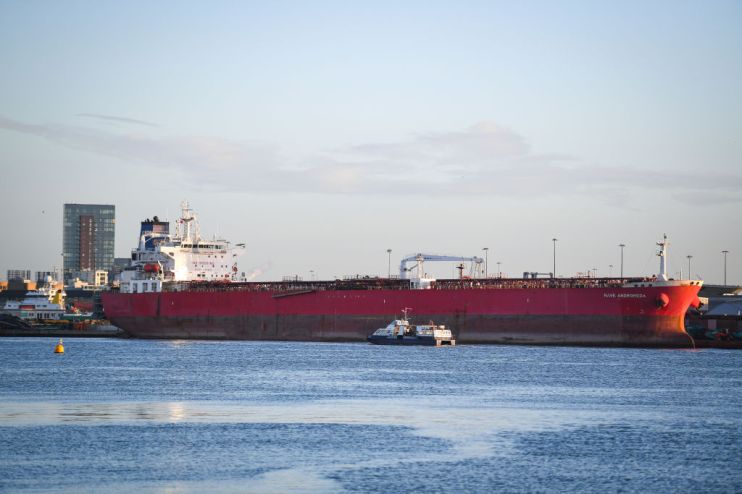Oil markets confirm massive quarterly gains as OPEC+ sustain hefty supply cuts

Oil markets have consolidated massive rallies over the third quarter of this year, powered by hefty output cuts from OPEC and its allies including Russia (OPEC+), raising fears of global supply shortages.
Both major benchmarks confirmed huge hikes in prices last week, with Brent Crude and WTI Crude prices rising 27 per cent and 29 per cent respectively over the three month window.
This follows OPEC+ committing to five per cent cut in global production, withdrawing over 5m barrels per day from markets over the course of the year – after initially announcing output reductions last November.
Ahead of markets opening this week, Brent Crude is down 0.97 per cent at $92.20 per barrel, with WTI Crude pared back one per cent at $90.79 per barrel.
This follows investors taking profits on the rally amid macroeconomic concerns and worries over future demand, as Brent Crude closed in on the century market earlier last month – near $95 per barrel.
Carsten Fritsch, commodity analyst at Commerzbank, argued that prices will continue to rise in the “in the short term” as “long as nothing happens on the demand side to thwart it.”
Nevertheless, there is hesitancy over whether oil prices will further rally above the $100 milestone.
Craig Erlam, senior market analyst at Oanda, believed there were some signs the rally is now “starting to run on fumes”.
“The fundamentals remain very supportive of the price, with the market in deficit thanks to the efforts of OPEC+ in restricting supply. But with investors now questioning the resilience of the global economy going into next year against the backdrop of higher interest rates for longer, that bullish bias in oil markets may become more balanced,” he said.
In particular, Erlam questioned whether Saudi Arabia and Russia would sustain these cuts if it drove global markets towards a recession.
The ministerial committee for OPEC+ is set to meet on Wednesday, but is not expected to recommend alterations to current production cuts, according to news agency Reuters.
Discussions will include Saudi Arabia and Russia’s additional unilateral cuts – which could dominate prices for the remainder of the year.
The two countries have pledged reductions amounting to 1.3m barrels per day to the end of the year, and said they would review the cut decisions monthly, but no changes are expected.
This would require a full-scale OPEC+ meeting, which is not expected until November, nearly a year after the cartel first introduced output cuts.
Saudi energy minister Prince Abdulaziz bin Salman, who chairs the ministerial committee, earlier this month said OPEC+ cuts were needed to stabilise the market, and prices were not being targeted.
“It’s always better to go by my motto, which is ‘I believe it when I see it’. When reality comes around as it’s been forecast, hallelujah, we can produce more,” he said, at the World Petroleum Congress in Calgary, Canada last month.